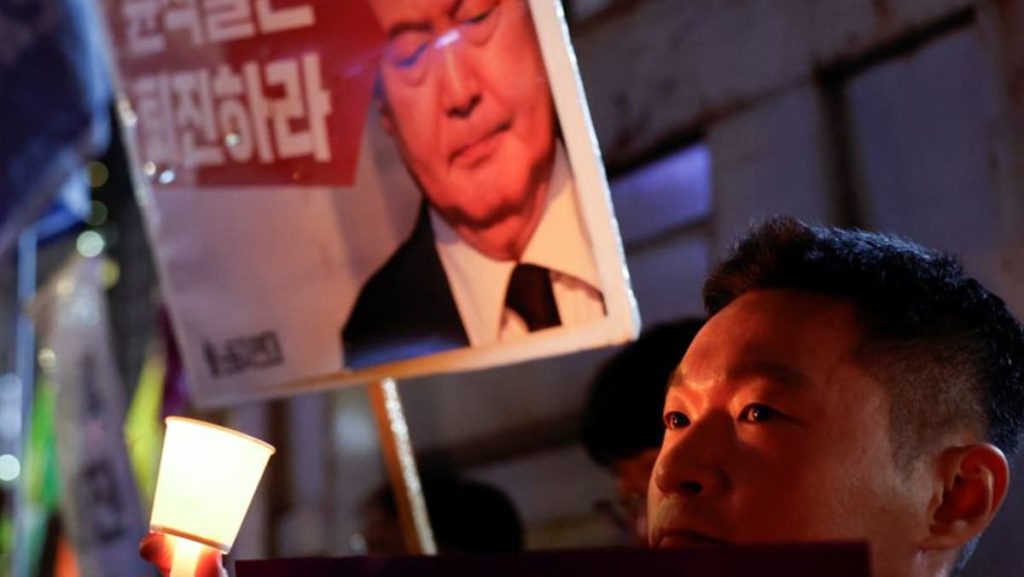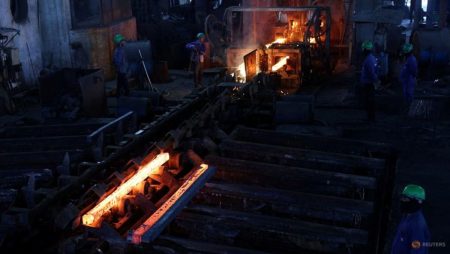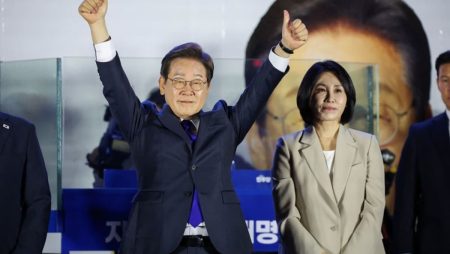As the political landscape in South Korea intensifies, observers are increasingly convinced that a leadership change is looming, largely centered around President Yoon Suk-yeol. Commentary surrounding Yoon’s administration has taken a serious turn, particularly in light of the events that led to the filing of an impeachment motion against him. Analyst Ha posits that Yoon’s removal from office through impeachment is the most probable outcome, indicating that the intricate legal proceedings that such a measure entails are unlikely to deter Yoon, who has a robust background in law and spent over two decades as a prosecutor before entering politics.
Sung-yoon Lee, a prominent figure at the Woodrow Wilson International Center for Scholars, corroborates this viewpoint, suggesting that Yoon is not inclined to resign voluntarily. Instead, Lee believes that Yoon will mount a formidable defense against the impeachment attempts, reinforcing the idea that the political battle ahead will be drawn out and contentious. At 63 years old, Yoon’s determination to uphold his position reflects not just personal ambition, but also a calculated bid to consolidate power amid a turbulent political atmosphere.
The crux of the impeachment motion rests on allegations that Yoon’s recent actions, specifically his declaration of martial law, constitute a breach of constitutional guidelines. This charge has united six opposition parties, spearheaded by the main opposition Democratic Party. Their narrative not only criticizes Yoon for what they describe as a grave violation of legal norms but also frames his actions as a “coup attempt,” suggesting an existential threat to democratic governance in South Korea. The urgency of this political move is underscored by the anticipated voting on the impeachment motion scheduled for Saturday, as reported by Yonhap news agency.
The political ramifications of the impeachment motion extend beyond President Yoon himself, raising questions about the stability of the current administration and the broader implications for South Korean democracy. The opposition parties, having united around this cause, signal a pivotal moment where dissent against Yoon could transform into a more concerted effort to reclaim governmental authority. This situation exemplifies the fragile state of political affairs in South Korea, where power struggles are often intensified by public sentiment, media coverage, and geopolitical considerations.
On a wider scale, the potential impeachment of President Yoon could have lasting implications for South Korea’s domestic policy and international relations. Observers are watching closely to gauge whether this situation might prompt a shift in Yoon’s approach to governance or provoke further polarization within the political spectrum. Such dynamics may invite intense scrutiny from foreign observers concerned about the implications for South Korea’s alliances, particularly with the United States and other partners in the region.
As voting day approaches, the anticipation surrounding the impeachment process continues to build. Analysts and political commentators alike are keenly focused on the unfolding events, not only to assess Yoon’s immediate political fate but also to evaluate the long-term effects on the institutional integrity of the South Korean government. Whether this move towards impeachment will succeed in its objective remains to be seen, but it undoubtedly sets the stage for a significant turning point in South Korea’s ongoing political saga.










